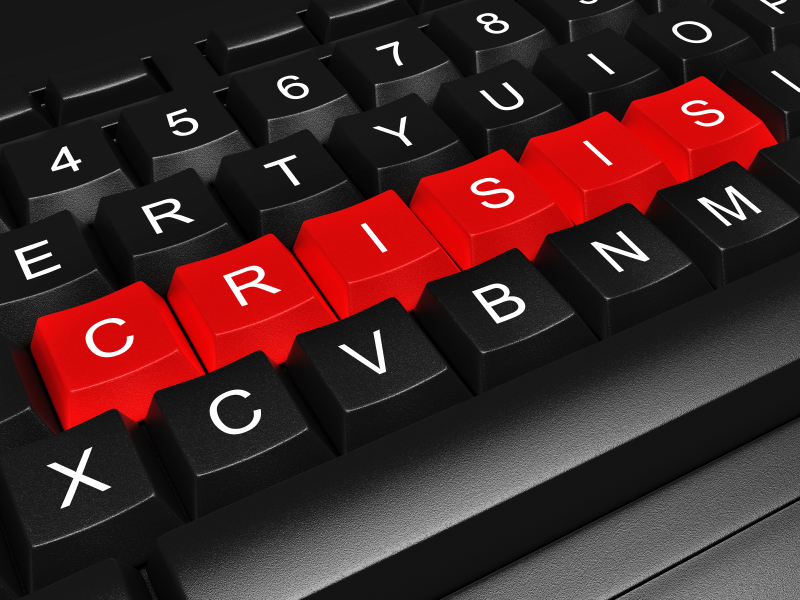
Welcome to the era of artificial intelligence (AI). How this tech is being harnessed by tech companies and search engines like Google, in particular, also means your reputation could be on the line.
This is a big threat for people who haven’t worked on managing their reputations online.
Misinformation can be spread easily when there is a vacuum of information about you and your brand. Many people just have LinkedIn profiles that often sit idle and without updates — and that’s it.
Now, it’s time to change that.
The New York Times’s Tiffany Hsu delved into the reputational risks that an unchecked AI can bring. In an article about how an AI-fueled lie can impact your image online, Hsu reports on the fact that many people currently have little to no protection from ever smarter tech.
This is still new. Current AI has a hard time with accuracy. An AI-generated photo of you might give you a photorealistic face — but 12 fingers. The article mentions Google’s Bard chatbot being unable to provide accurate information about the James Webb Space Telescope. These are details that you, my fellow human, would be able to find with a quick manual Google search yourself.
While the initial harm that can come from AI-written inaccuracies about you may seem minimal and harmless, this isn’t something to be taken lightly. Hsu writes this tech can “create and spread fiction about specific people that threatens their reputations and leaves them with few option for protection recourse.” Many leading tech companies have only started putting guardrails in place.
If potentially libelous information appears attributed to your name or likeness, there isn’t much legal protection right now, Hsu adds.
There are current examples of legal fights against the machine, but they are few and far between. As we all know, misinformation tied to our names and our brands can leave an indelible stain online. AI “Frankenpeople” have now become common, which Hsu defines as “AI hallucinations” with “fake biographical details and mashed-up identities” that can emerge easily and be tied to your name if there isn’t much information out there to begin with.
This is where we come in.
- You must be proactive about shoring up your reputation online by way of a personal branding website.
- At Reputation Communications, we help you with publishing articles and blog posts, as well as disseminating op-Eds and thought leadership content.
- We also harness your social media strategically.
We aim to create a reputational firewall to protect against this onslaught of AI threats.
Since search engines rely increasingly on AI, now isn’t the time to sit idle or stick with the status quo. A static public Facebook page that hasn’t been updated in five years isn’t the way to go.
Hsu writes that the AI Incident Database has logged more than 550 entries this year. That number will only grow. She quotes Scott Cambo, the man behind this tool, who says that we can expect “a huge increase of cases” tied to AI mischaracterizations of real people.
AI will undoubtedly change the way we get information and connect with the world. Now is the time to makes sure that information about you and your brand is accurate.
Your reputation is counting on it.




